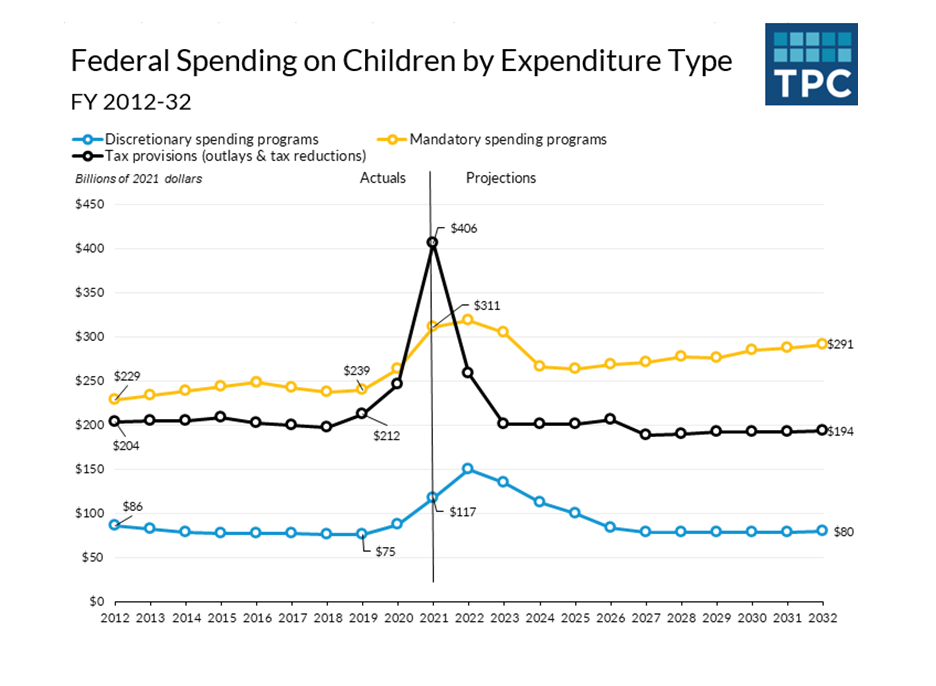Corporate Taxes, Plans, And Gimmicks
On Capitol Hill this week. The House Ways & Means Subcommittee on Tax will hold a hearing this Thursday to consider the Biden Administration’s negotiations over Pillar One of the global tax treaty brokered by the Organization for Economic Cooperation and Development. Pillar One would re-allocate some taxation rights over multinational corporations from their home countries to the markets where they operate and earn profits, irrespective of firms’ physical presence.
NBER working paper: TCJA’s corporate tax cut boosted investment but did not pay for itself. A National Bureau of Economic Research (NBER) working paper by Gabriel Chodorow-Reich, Matthew Smith, Owen Zidar, and Eric Zwick evaluates the Tax Cuts and Jobs Act of 2017 (TCJA) and finds that the legislation’s corporate tax cuts did not pay for themselves. Rather, the cuts have been adding over $100 billion annually to the country’s national debt. At the time of the legislation’s enactment, the Trump administration had expected the tax cuts to deliver wage gains of $4,000 to $9,000 per worker. The study found instead that over the long run, wage gains were only about $750 per worker per year on average.
Speaking of the Trump administration, what might tax policy look like in a second Trump term? TPC’s Howard Gleckman reviews the policy agenda developed by key conservative groups for a second Donald Trump term. The Mandate for Leadership calls for dramatic tax changes after key provisions of the TCJA expire in 2025. Namely, the plan aims to shift the tax system to a consumption tax, levy more tariffs, exert political control over the IRS, and freeze the IRS budget at current levels.
A tax gimmick in a BOXX? TPC’s Steve Rosenthal explores an exchange-traded fund (ETF) with the ticker symbol BOXX. The fund uses tax rules to transform interest income into long-term capital gains. That shift changes the applicable tax rate from a top federal rate of 37 percent to 20 percent. Steve explains why he doubts this “democratization of tax dodges” will withstand the scrutiny of regulators. Nor should it: Steve concludes they “contravene Congress’s clear intent to stop conversion of ordinary income into capital gains.”
When it comes to tax prep software AI, “filer beware.” The Washington Post reports on the use of AI in two popular tax prep software programs. In tests, the new chatbots were unhelpful or wrong as much as half the time. Both companies indicate that their chatbots are works in progress and do not actually calculate people’s taxes. Rather, they aim to answer questions and help people understand their tax returns.
Wisconsin has expanded its child care tax credit. Democratic Gov. Tony Evers signed the state’s expanded child care tax credit into law yesterday. Filers eligible for the comparable federal credit were previously able to claim a state child care tax credit worth 50 percent of the federal credit. Now those Wisconsin filers can get a state credit equal to amount of the federal credit. His office estimates that over 110,000 taxpayers will see an average benefit of over $656 per filer. It will cost $73 million annually.
Could Illinois eliminate its state grocery tax? Democratic Gov. JB Pritzker has a plan to eliminate Illinois’ one percent sales tax on groceries. But the state transfers money collected from grocery receipts within a jurisdiction to local governments. The Illinois Municipal League estimates that eliminating the sales tax on groceries could cost Chicago $80 million a year, and other cities between $580,000 and $3 million annually. Pritzker’s plan would give municipalities the option to levy their own sales tax on groceries.
For the latest tax news, subscribe to the Tax Policy Center’s Daily Deduction. Sign up here to have it delivered to your inbox weekdays at 8:00 am (Mondays only when Congress is in recess). We welcome tips on new research or other news. Email Renu Zaretsky at [email protected].






